The Plant Paradox goes so far as to say that lectins are the biggest dietary danger to our health and may even be killing us. Gundry warns against eating beans, nuts, and many fruits and vegetables, urging us to remove lectins from our diets.
The Truth About Lectins: What are Lectins and Are Lectins in Food Bad For You?
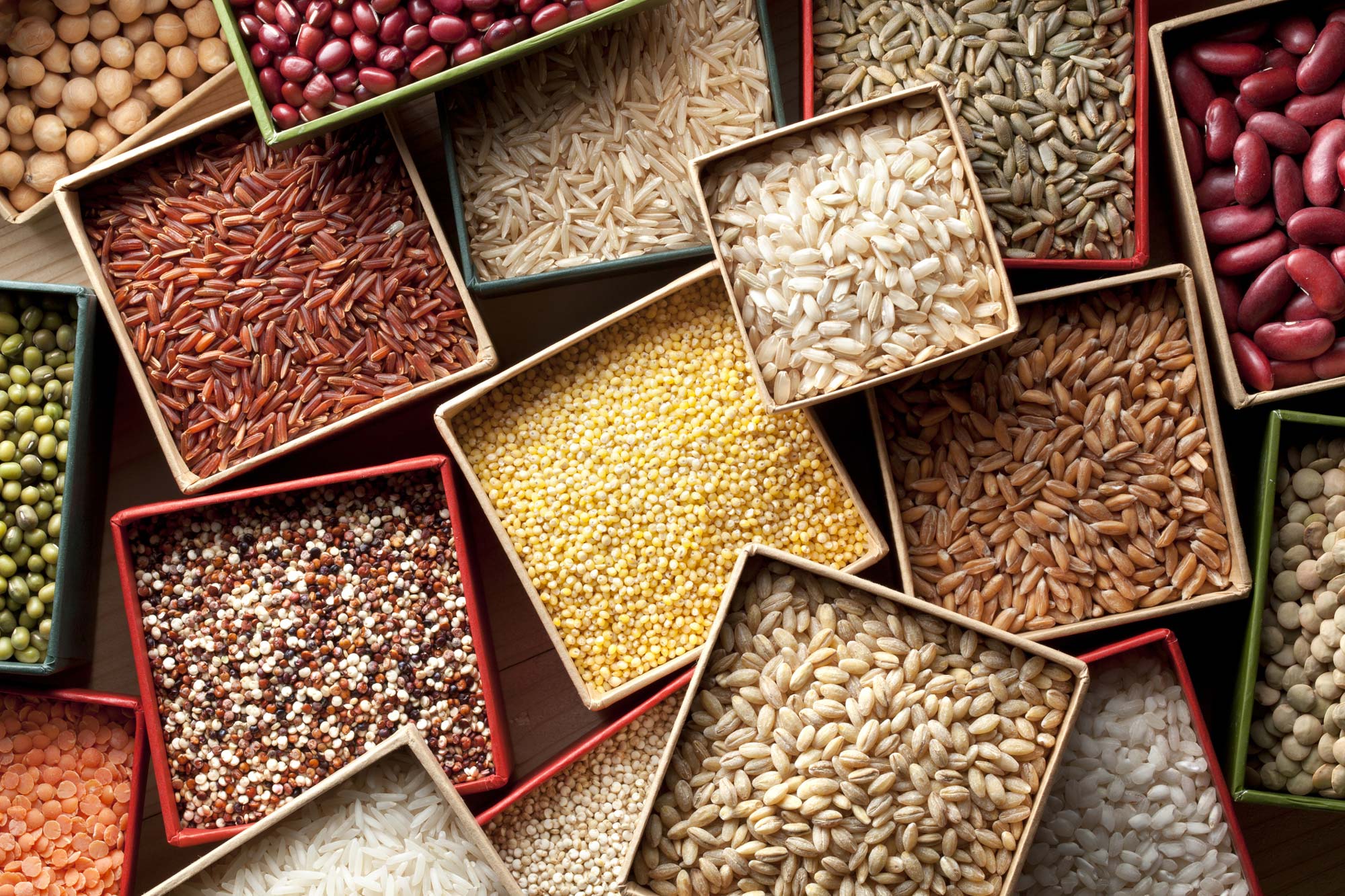
Lectins are a type of protein found in certain types of plants. There are thousands of kinds of lectins, and some of them are now blamed for digestive problems, obesity, brain fog, and a slew of autoimmune diseases. But many of the plants that contain lectins could be among the healthiest foods in the modern diet. So what’s the truth? Should you eat them or not?
Eco-Friendly Print
Print with all Pictures
In case you were thinking of reading chapter 11 of Biochemistry, 5th edition today, I’ll save you the time. Lectins are defined as proteins that bind to carbohydrates. They’re all over the place in nature — in plants, animals, and all kinds of microorganisms. There are thousands of kinds of lectins, and while they don’t have any nutritional value themselves, they are found in foods that have other nutritional benefits.
According to one chapter that doesn’t exactly qualify as light reading, the word lectin comes from the Latin “legere,” meaning “to select.” They select the carbohydrates to which they bind. To oversimplify with a metaphor, lectins are a bit like the bumps and holes in Lego blocks, which probably are completely unrelated to the Latin word “legere,” but it would be nice if they were.
Where Are Lectins Found?
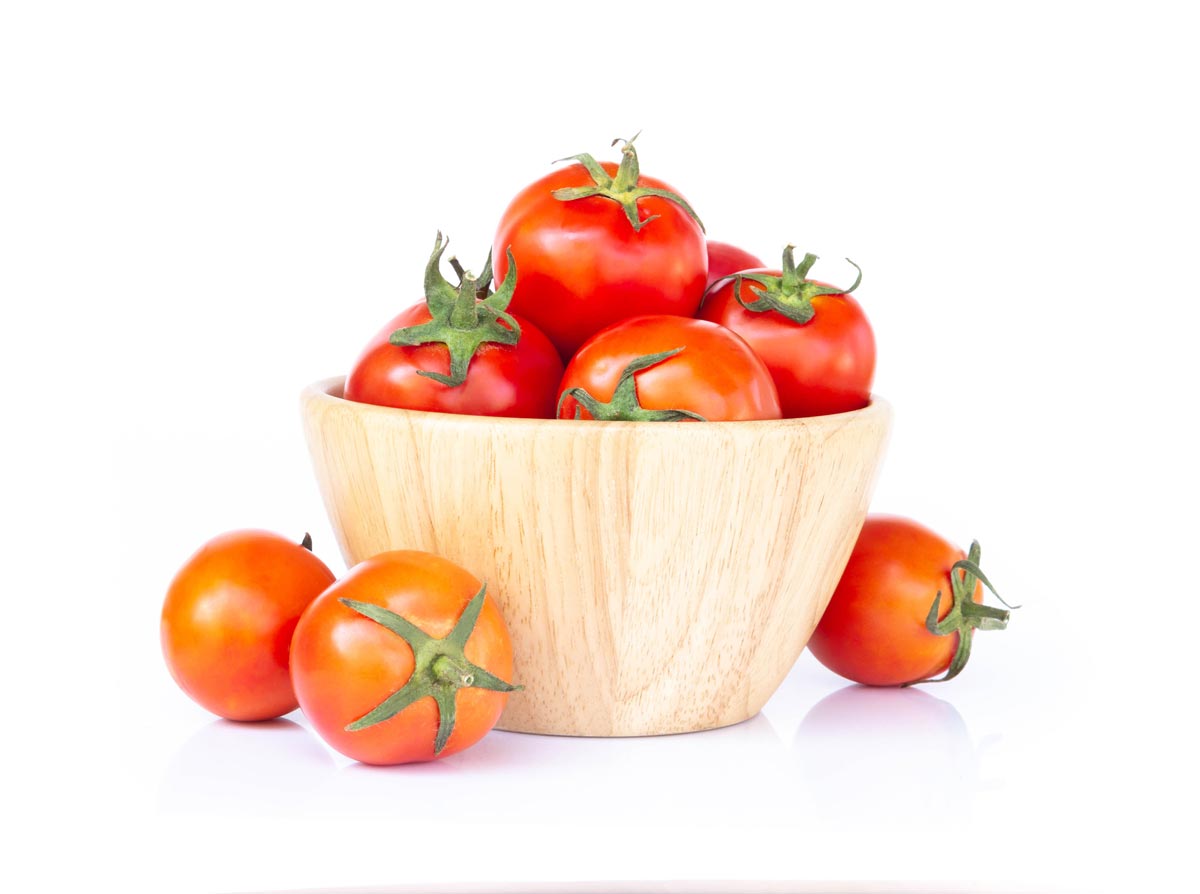
Lectins are found in a wide variety of both animal and plant foods. About 30% of the food we eat on a daily basis contains lectins.
Foods High in Lectins
Some of the most lectin-rich foods include:
Looking over that list, we can see a few categories of lectin-rich foods: legumes, nuts, grains, fruits, and nightshade vegetables. While the amount of lectins in individual foods can vary greatly, generally, these types of foods will contain high lectin levels.
Controversy and Myths Over Lectins – Are Lectins Bad for You?
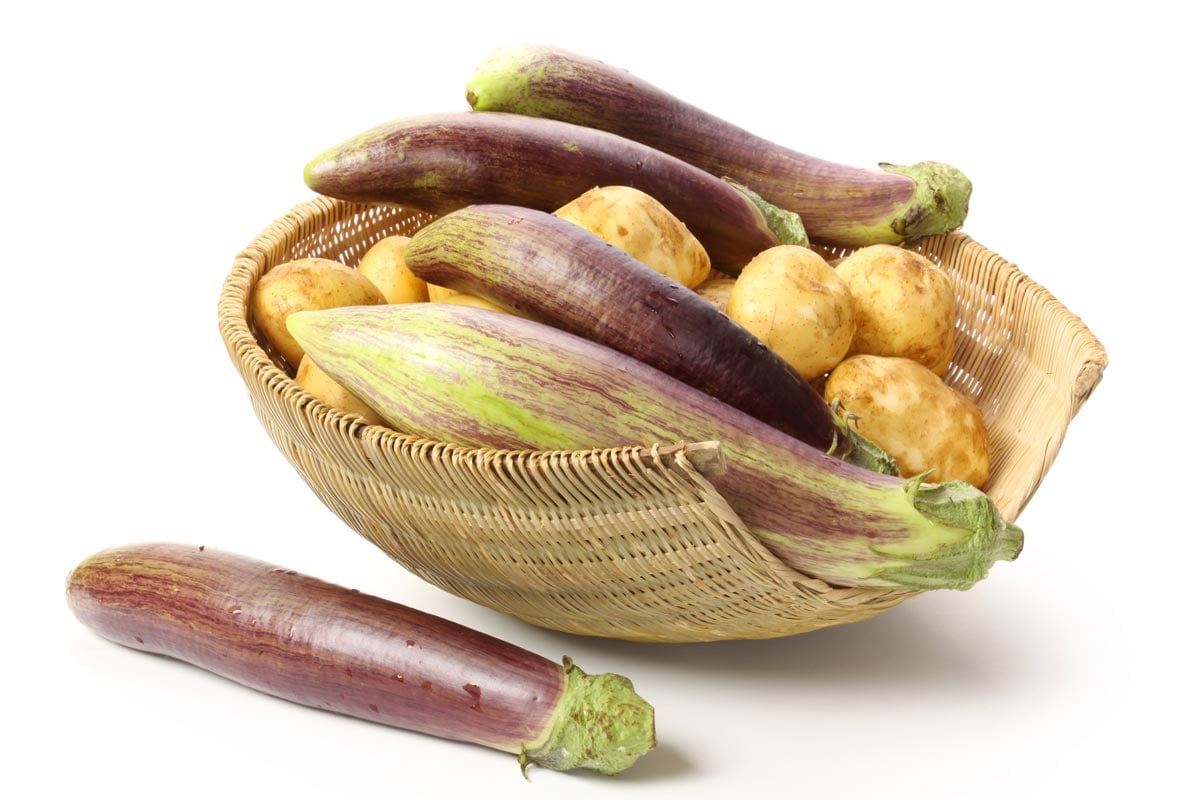
Some researchers think lectins evolved to have an evolutionary purpose, namely so that plants can protect themselves against pests and pathogens. This protective effect is similar to other phytochemicals, such as flavonoids, which serve as natural defenses in plants and are extremely beneficial nutrients in our diet.
The primary reason there is controversy over eating lectins today is because of a best-selling book, The Plant Paradox, written by Dr. Steven Gundry. The book, released in 2017, advocates a lectin-free diet.
The author claims that lectins adversely impact your gut flora — the bacteria that live in your digestive system — which can lead to a whole slew of unwanted effects. He claims that many people suffer from lectin intolerance or sensitivity, symptoms of which can include gas, bloating, nausea, diarrhea, fatigue, aching joints, and even allergic reactions after eating them.
The Plant Paradox goes so far as to say that lectins are the biggest dietary danger to our health and may even be killing us. Gundry warns against eating beans, nuts, and many fruits and vegetables, urging us to remove lectins from our diets.
What benefits purportedly come from eating a lectin-free diet? The main claims include improved digestion, more energy, less gas and bloating after eating, better mood and brainpower, and even improved weight control.
Those are some pretty bold promises. So what’s the deal? Are these claims backed up by research? Do we have studies demonstrating that these purported lectin-free diet benefits are real?
In a word, no. In a louder word, NO.
Lectin-Containing Foods Are Not the Enemy
While we’re all entitled to our own opinions, we’re not entitled to creating our own facts. The Plant Paradox’ claims about lectins are not backed by science. The foods that Dr. Gundry is telling us to avoid are, for the most part, beneficial.
It’s true that plant lectins bind to carbohydrates, which slows down their digestion. But, in many cases, this is a good thing. It lowers the glycemic index of carbohydrates, and it contributes to the weight loss and anti-diabetes effects of beans and many other plant foods. Dr. Gundry is telling people to be afraid of eating foods like beans and many fruits and vegetables. But the plant foods that he says to avoid are, in fact, among the healthiest foods we can eat. The more of them we eat, the lower our risk for heart disease, cancer, type 2 diabetes, and Alzheimer’s.
Beans, for example, are rich in many anticancer phytochemicals, which is why they consistently show very powerful associations with lower rates of breast cancer. There’s a type of lectin found in mushrooms that’s been found to inhibit the growth of cancer cells. This is one of the reasons that mushrooms are another food offering powerful protection against cancer. Tomatoes are high in lectins but are also highest in lycopene, which has shown extraordinary anticancer effects.
Lectins that are found in soybeans, bananas, buckwheat, mushrooms, and many other plant foods have been found to have such strong anticancer effects that some of these lectins are being investigated as potential cancer therapies.
Rare Cases of Lectin Toxicity
Given all that overwhelming evidence in favor of common lectin-containing foods, what evidence does Gundry marshall to support his claim that lectins are the Devil’s proteins?
Essentially, it’s a flimsy case of guilt by association.
Gundry and his fellow “lectophobes” (I’m pretty sure I just made that word up.) like to point out that one of the lectins found in castor beans, a compound called ricin, is one of the deadliest poisons ever discovered. Apparently, Russian hitmen like to inject it into the bloodstreams of their victims (sometimes with special, spring-loaded umbrella guns). The assassin gets away, and the recipient of the injection dies within 48 hours.
Certain lectins can pose more side effects than others. Raw kidney beans, for example, contain a lectin called phytohaemagglutinin, which causes unpleasant symptoms when eaten. Eating just four or five raw beans can trigger symptoms. And, in high doses, phytohaemagglutinin can actually be toxic.
Lectins Are Beneficial in Small Amounts
You might be thinking, “Golly, I certainly don’t want that stuff in my body! I’m going to avoid lectins from now on!” After all, if the evolutionary purpose of lectins is to create “plant poisons” to prevent them from predation, why would you want to poison yourself?
The answer becomes clear when we look at the other phytonutrients: compounds in plants that are really good for us (and often indispensable to our health). It’s actually the mild stress of a tiny amount of “poison” that triggers healing responses in our bodies. Kind of like the stress of lifting heavy weights that makes our muscle fibers respond by breaking down and then growing stronger.
The fancy name for good stress that forces us to grow stronger is “hormesis.” Without experiencing regular doses of hormesis (small, manageable challenges), we become fragile to our environments and do not thrive. The key words here are small and manageable. If you look up hormesis in a scientific textbook, you’ll see a bunch of graphs shaped like the letters U or J that illustrate the dose-response nature of the phenomenon. That is, a small amount of some toxins are actually good for you, while a larger dose is not. And a large enough dose (like that contained in killer KGB umbrellas) will kill you.
That’s the simple solution to Dr. Gundry’s so-called “Plant Paradox.” The difference between a massage and a beating, or between a cool glass of water and drowning. Lectins, like other phytonutrients, are harmful in large doses and generally beneficial or neutral in small ones.
Reducing Lectins in Food
Now you might be worried about your daily dose of lectins. How can you be sure you’re not getting too much and drifting into KGB umbrella territory through your irresponsibly enthusiastic consumption of lentils, eggplant, and barley?
Luckily, it turns out that most lectins are completely neutralized by cooking. Yes, eating a bunch of raw kidney beans will give you a miserable case of vomiting and diarrhea. But why on earth would you be eating raw or seriously undercooked kidney beans? The uncooked bean argument favored by lectophobes is a straw man; cook the beans, and the lectins are rendered utterly harmless to most people. Even the greatest lectophobe of them all, Dr. Stephen Gundry, concedes that when beans are pressure-cooked (as all canned beans are), they’re pretty safe.
The problem with this admission is that it can still mislead people into thinking that legumes are dangerous and must be processed with all the care and attention of a half-pound of plutonium. The truth is, beans are a staple of some of the longest-lived people on earth. And I’m pretty confident that Sardinian peasants and Okinawan farmers didn’t have Instant Pots to neutralize their lectins.
What’s (Very) Wrong With This Picture?
Given the complete lack of evidence for Dr. Gundry’s argument, and the fact that The Plant Paradox is adding fuel to our already raging fire of obesity, diabetes, and heart disease by discouraging people from eating some of the most protective foods on the planet, I don’t want to portray this as just another vigorous debate among thoughtful scientists.
Yes, there are some people who should limit their exposure to lectins (see below). But I think that the vast majority of us should dismiss Dr. Gundry’s fiction out of hand. The truth is that steering clear of foods that contain lectins could lead to significant nutritional deficiencies.
Gundry clearly knows that the foods he vilifies provide critical nutrients. Yet his solution is synthetic pills and powders, which aren’t exactly cheap. For example, he promotes a supplement he’s invented that he calls a lectin shield, which he claims will neutralize the disastrous effects of those lectins that you absolutely can’t avoid. A month’s supply costs $79.99 per person, or about a thousand dollars a year. And there are 10 other supplements that he calls “must-haves.” I’ve seen membership in his VIP discount club advertised for about $10,000 a year.
I don’t know about you, but to me, that sounds like a lot of money to spend solving a problem that might not actually even exist.
What The Actual Studies Tell Us

While there are plenty of studies showing that many of the foods highest in lectins, like grains, beans, and nightshade vegetables, are highly beneficial to human health, are there any studies on lectins, specifically? Here are a few:
Lectins may help treat digestive cancers.
A 2017 report published in the International Journal of Molecular Science examined how plant lectins are currently being used in cancers of the esophagus, stomach, small intestine, colon, liver, and pancreas. Interestingly, some lectins are used to actually detect and diagnose cancer cells. Others are used for therapeutic purposes because of their anti-tumor activity and ability to trigger cancer cell death. Some lectins are also used to deliver medications for cancer treatment. While other traditional drug delivery methods struggle to pass through physiological barriers like heat, enzymes, and pH in the body, lectins are aggressive in these environments. Research on the best applications for lectins in this area is ongoing.
Foods containing lectins are packed with disease-preventing nutrients.
Lectin-containing foods like legumes, nuts, fruits, vegetables, and whole grains are rich sources of B vitamins, healthy fats, protein, fiber, and minerals. Incorporating these foods into your diet provides important nutrients that benefit your overall health and reduces your risk for some of our top killers, like heart disease, cancer, type 2 diabetes, and Alzheimer’s.
Lectins may help people who are unable to eat for long periods.
Although the research is still limited and in the early stages, lectins may be used to promote the growth and integrity of digestive cells. This could be especially beneficial among people who are at high risk of becoming malnourished due to their inability to eat enough or eat for prolonged periods of time. The lectin phytohemagglutinin has been shown to stimulate the growth of intestinal cells, preventing the weakening of the gut.
And then, there are a few studies that have been conducted on animals, or in vivo, that show potential issues with inflammation. For example, a 2017 in vivo study published in the Journal of Immunology examined how lectins may trigger inflammatory pathways. The researchers found that plant lectins may activate something called the NLRP3 inflammasome, promoting inflammation in the body that could lead to other diseases. Lectins bind to cells for an extended period of time, which can potentially trigger an autoimmune inflammatory response like rheumatoid arthritis or type 1 diabetes. While this study is intriguing, it is far from conclusive.
Who Should Avoid Lectins?
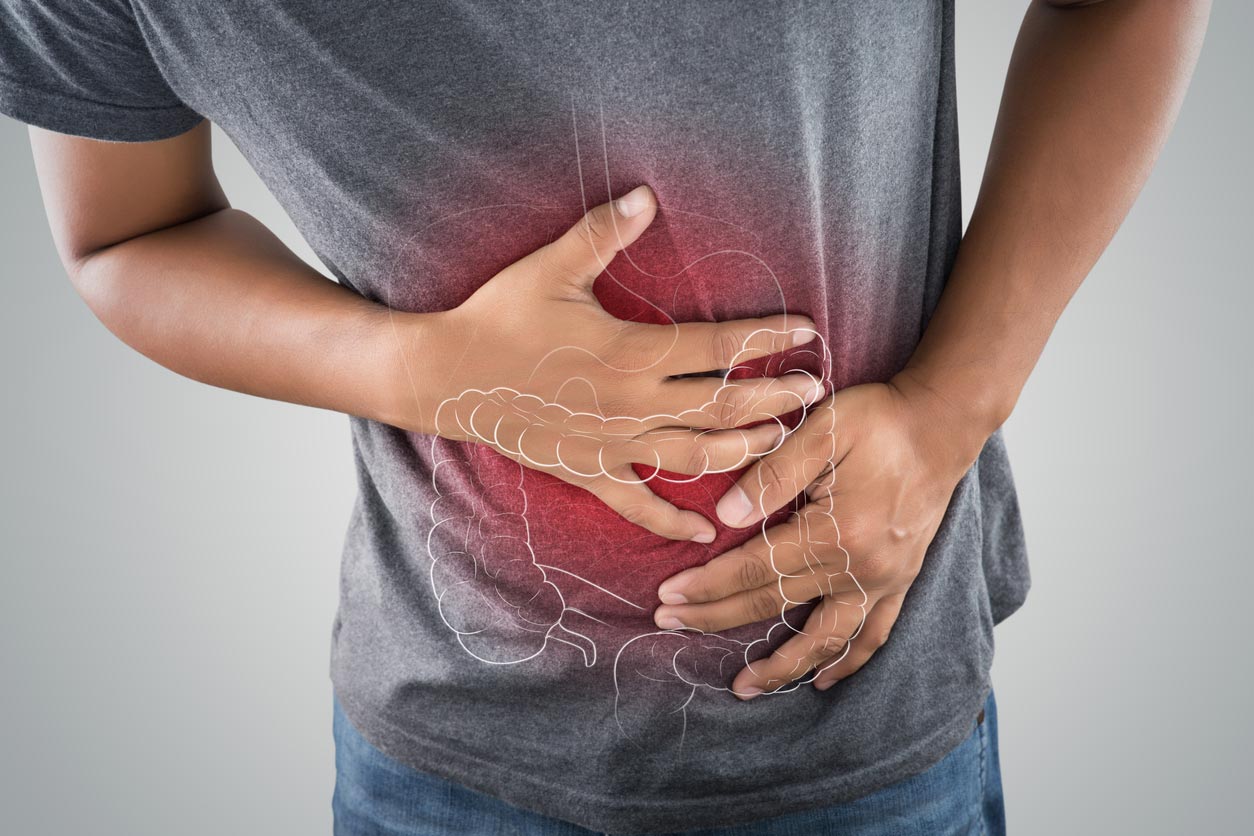
Despite their potential benefits, there may be people who should avoid lectins, such as the following:
- People with allergies to lectin-containing foods
- People with a digestive sensitivity, such as irritable bowel syndrome or Crohn’s disease
- Possibly people with autoimmune disorders
As in all things, listen to your own body. You are the only you on the planet. Just because most of the lectin-rich foods are shown, in numerous studies, to be beneficial to human health, doesn’t mean they’re necessarily right for you.
A small percentage of the population does have a sensitivity to lectins, just as some people must avoid wheat, corn, fruit, and tree nuts. But one person’s walnut allergy doesn’t mean that another person should refrain from eating walnuts.
If you do notice any side effects after eating lectin-rich foods, then you might have a sensitivity to certain lectins (or to other components of those foods), and you might want to consider reducing or avoiding them — or making sure they’re adequately cooked. There are some people, for example, who don’t do well eating large amounts of raw tomatoes. But they can typically handle abundant pasta sauce and other forms of cooked tomatoes without a problem.
Although eating certain lectins could present difficulties in some situations, it’s highly unlikely that you’re eating a diet high in uncooked or undercooked lectins of the problematic variety. I don’t know anyone who reaches for a handful of raw, uncooked kidney beans when their stomach starts rumbling.
Should You Eat Lectins?
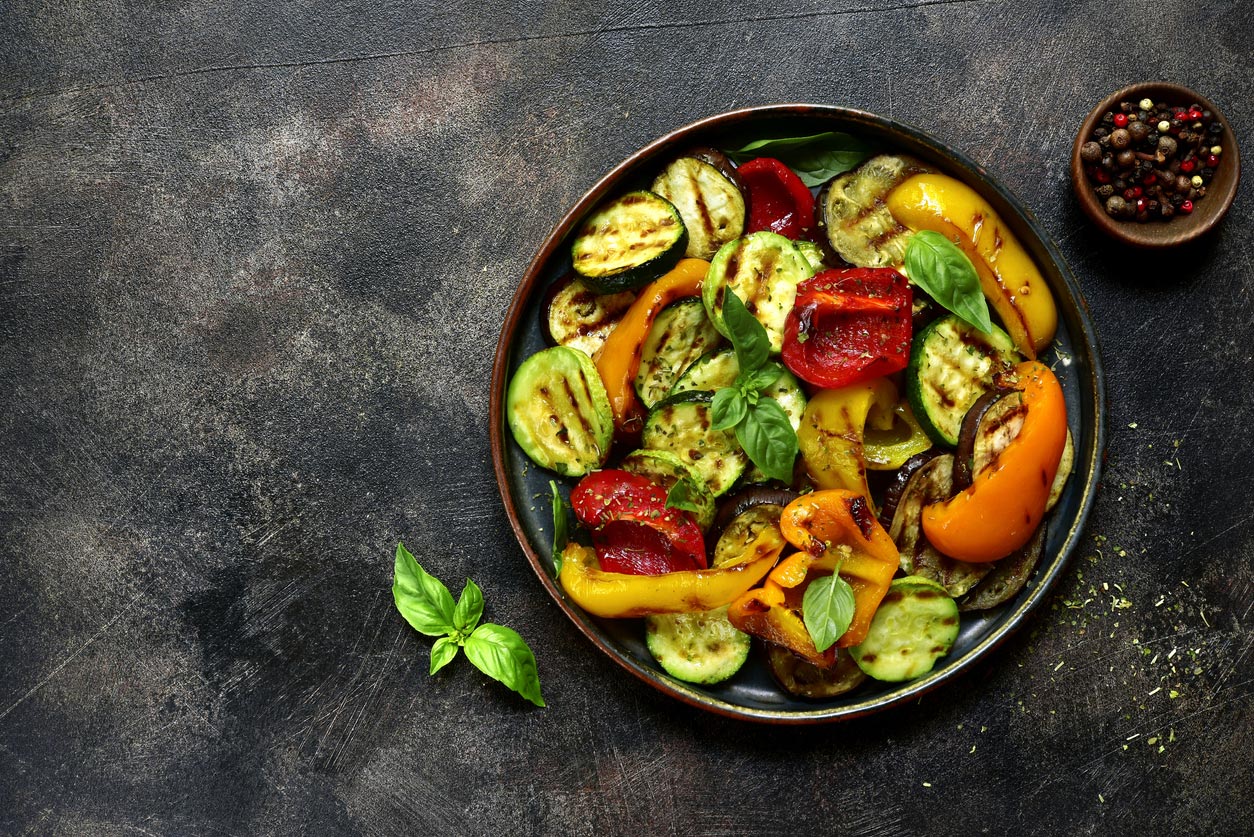
While there may be some people who should avoid lectins, for most people, the benefits of eating lectin-containing foods — such as fruits, vegetables, and legumes — are tremendous. These foods bring loads of beneficial vitamins, minerals, and other nutrients that are great for human health. When it comes to adverse reactions to eating lectins, most people don’t experience these as long as cooking methods are adequate. Soaking and cooking legumes can minimize the potential side effects.
I’ve seen a lot of nutritional nonsense, but I have to say that telling people to avoid plant foods such as beans, berries, and tomatoes because they contain lectins strikes me as terrible advice. Here we are, with soaring rates of chronic diseases that are clearly linked to eating too many low-nutrient, low-fiber, sugar-enhanced, heavily processed foods, yet we’re being warned against eating some of the healthiest foods on the planet.
My advice? Don’t buy it. There is no real “plant paradox.” For most people, most of the time, a diet based around whole plant foods, including the ones that contain lectins, is a great way to fight disease and to promote health.
- What do you think?
- Do you eat lectins? Why or why not?
Featured Image: iStock.com/malerapaso
Read Next:
- Are Nightshades Safe? Are They Healthy?
- Gluten-Free: Is it for Everyone?
Mayo Clinic Q and A: What are dietary lectins and should you avoid eating them?






DEAR MAYO CLINIC: I keep reading about weight loss and other health benefits from a diet where people eliminate lectins. Is there any truth to the claim that a lectin-free diet can cure autoimmune diseases and other health problems?
ANSWER: No scientific evidence exists to show that eliminating dietary lectins will cure any medical disorders or conditions, including autoimmune diseases. But your diet certainly can have an effect on the way you feel, especially if you have a chronic condition. If you have a medical concern triggering symptoms that seem to be related to the foods you eat, consider talking with a registered dietitian, who can review your diet and offer suggestions for modifying it in a way that may help ease your symptoms.
Lectins are naturally occurring proteins that are found in most plants. Some foods that contain higher amounts of lectins include beans, peanuts, lentils, tomatoes, potatoes, eggplant, fruits, and wheat and other grains. Lectins serve a protective function for plants as they grow. They don’t have any nutritional value when consumed in foods.
Some research seems to indicate that taking in large quantities of raw lectins could have negative health effects. The amount you’d need to consume each day to get to that level, however, is much higher than a typical diet would include. And studies have shown that lectins break down when processed or cooked, so the risk of adverse health effects arising from lectin-rich foods that aren’t raw is not cause for concern.
In addition, most foods that contain lectins are recommended as part of a healthy, well-balanced diet. There’s a well-established body of scientific evidence that clearly supports the benefits of a diet rich in fruits, vegetables and whole grains. The health benefits you receive from including those foods in your diet outweigh any perceived benefits from avoiding foods with lectins. With that in mind, a diet that avoids lectins is not one most dietitians would typically recommend.
Also, if you’re eating a diet that includes a variety of foods and you’re having symptoms that make you feel unwell, it often can be difficult to pinpoint the specific source of the problem on your own. It could be an allergy or a food intolerance, or it may not be related to your diet at all.
If you’re in that situation, consider working with a registered dietitian, or a health care provider and a dietitian team, to sort out the cause of your symptoms. Some medical centers have dietitians that specialize in gastrointestinal issues, and those professionals can be particularly helpful in these kinds of cases.
A dietitian may recommend, for example, a short-term elimination diet, excluding certain categories of foods that tend to cause allergic reactions most often. Once those foods have been taken out of a diet, they then can carefully be reintroduced in an effort to identify possible causes of food-related symptoms. Based on that or on other evaluations, a dietitian then can make recommendations that fit the situation.
Rather than using a generalized approach and trying to apply it to everyone — such as avoiding all food with lectins — a diet that’s structured and overseen by a dietitian and based on scientific evidence can be customized to accommodate a person’s individual sensitivities. That type of systematic approach typically yields better long-term results than just avoiding a certain kind of food or a food ingredient and hoping to feel better. — Katherine Zeratsky, R.D., Endocrinology/Nutrition, Mayo Clinic, Rochester, Minnesota






